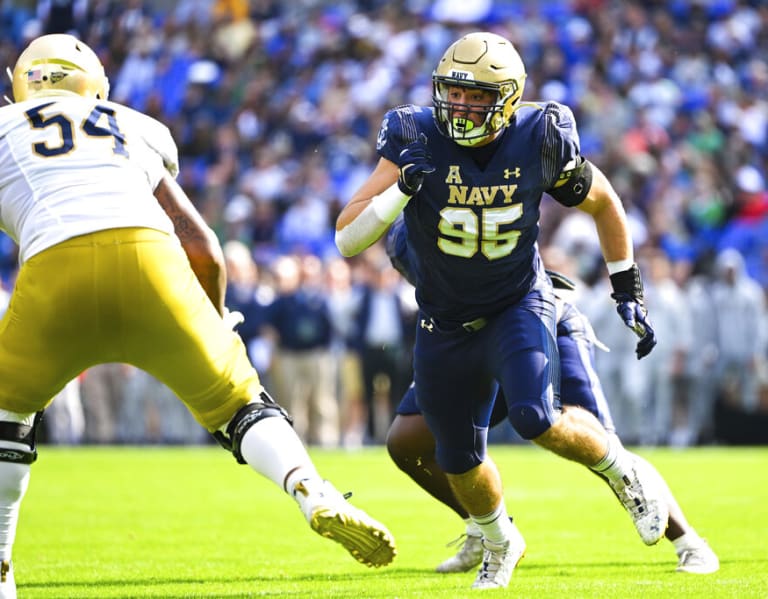UHBlackhawk
5-Year Member
- Joined
- Sep 22, 2015
- Messages
- 2,342
Mixed thoughts.
If a Midshipman or Cadet is given a Rhodes scholarship (or other post graduate opportunities), they are given the opportunity to pursue this. But an athlete wanting to do so? Nope.
Also, the portal and NIL (name, image, likeness) money has changed the landscape of D1 athletics.
Some will say the programs should move to D2 or 3. That briefs well, but it would also mean eliminating many programs that are funded by the football teams.
Interesting times. I’m not sure how Busic is paying back the money he owes. That isn’t really covered in this article (or I missed it), and other articles are behind pay walls.

 bvmsports.com
bvmsports.com
If a Midshipman or Cadet is given a Rhodes scholarship (or other post graduate opportunities), they are given the opportunity to pursue this. But an athlete wanting to do so? Nope.
Also, the portal and NIL (name, image, likeness) money has changed the landscape of D1 athletics.
Some will say the programs should move to D2 or 3. That briefs well, but it would also mean eliminating many programs that are funded by the football teams.
Interesting times. I’m not sure how Busic is paying back the money he owes. That isn’t really covered in this article (or I missed it), and other articles are behind pay walls.
Former Navy Edge Rusher Jacob Busic Commits to UCLA, Becomes Fifth Transfer Heading to Bruins
UCLA continued to replenish its pass rush Friday, landing a commitment from former Navy edge rusher Jacob Busic, according to the Capital Gazette. Busic’s announcement comes two days after the…
